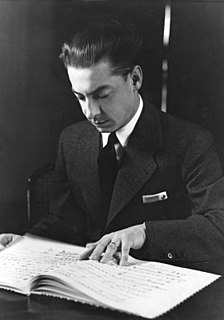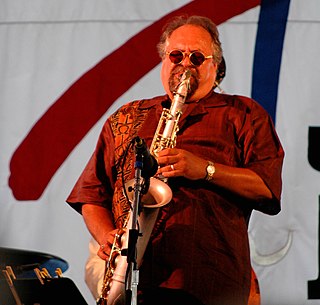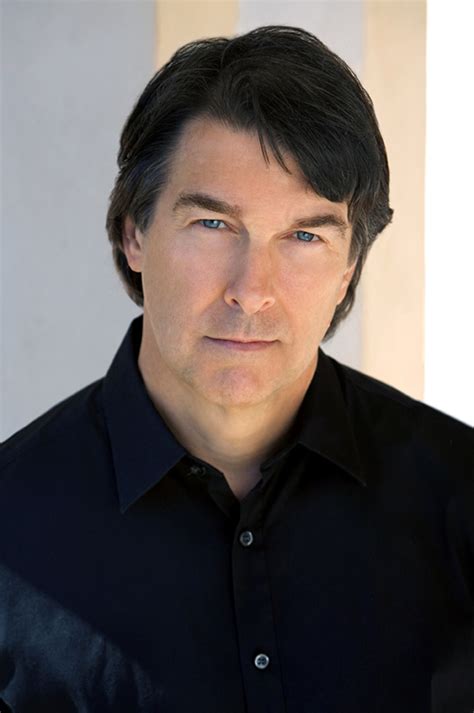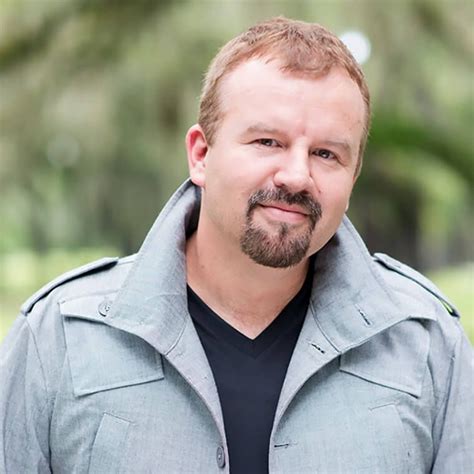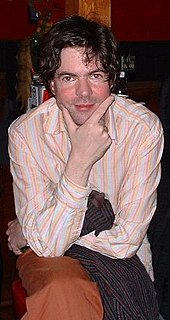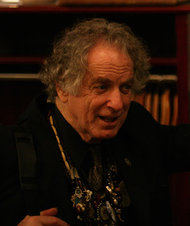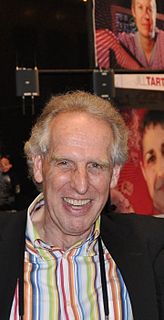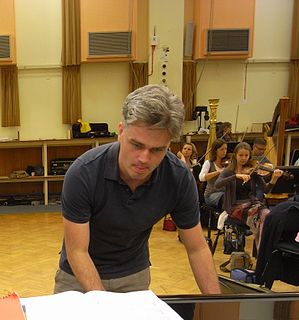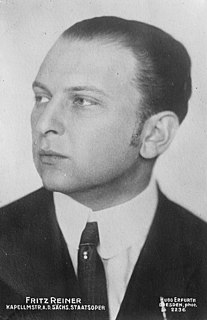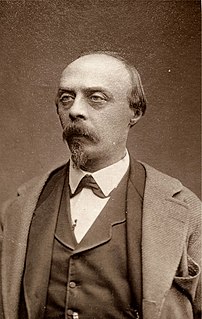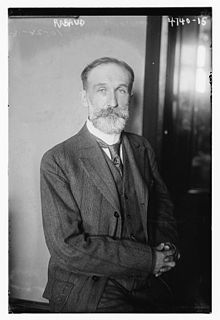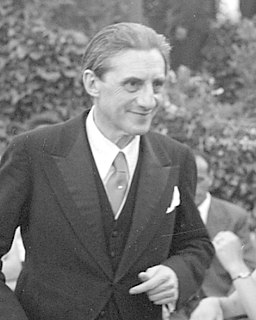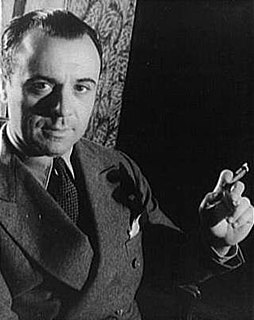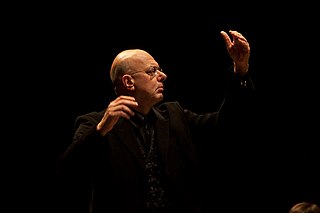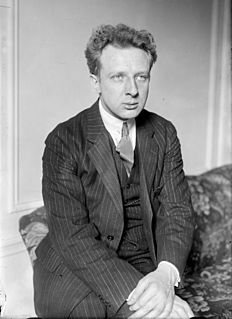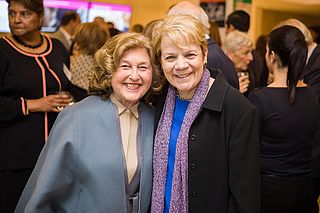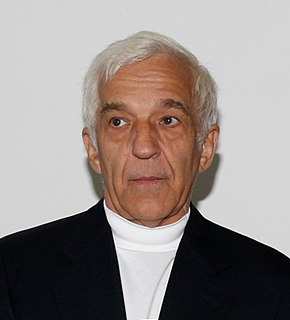A Quote by Herbert von Karajan
The art of conducting consists in knowing when to stop conducting to let the orchestra play.
Related Quotes
I'm trying to be expressive on my instrument and conduct as I'm improvising. So I'm conducting with the melodies and the rhythms that I play. And so it's a very organic way. It's a lot like Charles Mingus played, cuing people in from what you play and how you play it rather than standing in front of a band, conducting and pointing.
Most of the time, I'll be conducting the orchestra, but there will be some pieces that I'll be playing an instrument as well, just because I love playing. There's pieces where I want to grab an instrument and play with the rest of the group, like 'The Light of the Seven,' for example; I would love to play the piano for that.
The great myth is the manager as orchestra conductor. It's this idea of standing on a pedestal and you wave your baton and accounting comes in, and you wave it somewhere else and marketing chimes in with accounting, and they all sound very glorious. But management is more like orchestra conducting during rehearsals, when everything is going wrong.
